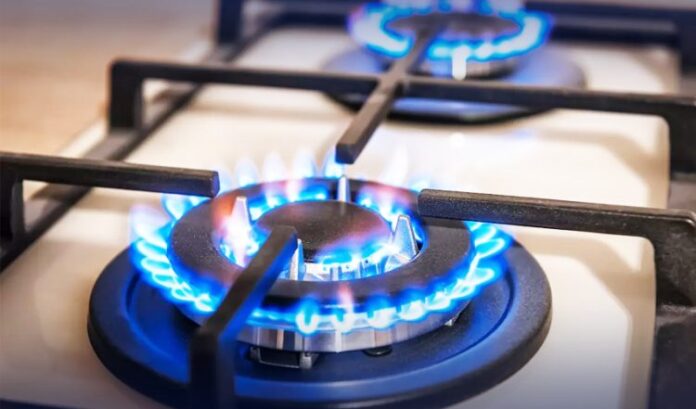- Businessmen Group, and Karachi Chamber of Commerce and Industry leaders criticise gas tariff hike, warn of negative impact on industry, urge ECC to reconsider gas tariff increase
Several government ministries and private businesses have voiced strong opposition to the proposed increase in gas prices, citing potential negative effects on the industrial sector, higher electricity costs, and unfair cross-subsidisation of the fertiliser industry.
The Power Division raised concerns about the proposed hike in gas prices for the power sector, from Rs1,050/mmBtu to Rs1,313/mmBtu, which would increase thermal plant generation costs by approximately Rs10 billion in fiscal year 2025–26. This would lead to higher Fuel Cost Adjustments (FCA), which would ultimately be passed on to consumers, resulting in an expected increase of Rs0.10 per unit in electricity tariffs.
The Power Division also warned that higher generation costs could reduce electricity sales and push gas-based power plants below coal plants in the merit order, potentially exposing the country to an additional $140 million in foreign exchange costs due to increased coal imports.
The Ministry of Industries and Production (MoI&P) also expressed concern that a gas price increase for the general industry, from Rs2,150 to Rs2,350/mmBtu, would escalate operational costs, harm industrial growth, and undermine the competitiveness of Pakistani exports.
The Ministry emphasized that the government’s National Tariff Policy 2025–30 aims to reduce input costs for locally manufactured goods and suggested that the gas price hike would counteract this objective.
The Finance Ministry also raised issues with the proposed increase in gas prices for the process industry, arguing that this would result in the process industry subsidizing the fertilizer sector, as gas prices for the latter remain unchanged. It urged the Petroleum Division to consider full cost recovery from the fertilizer sector to reduce the subsidy burden on other industries.
In addition, the Finance Ministry criticized the current practice of recovering Unaccounted-for Gas (UFG) losses through consumer pricing, which it said discourages utilities from improving efficiency. It recommended that the Petroleum Division brief the ECC on planned measures to reduce UFG and their financial impact.
The Ministry also inquired whether lifting the moratorium on new gas connections could help address the surplus RLNG issues and the curtailment of indigenous gas production.
On the other hand, Chairman of the Businessmen Group (BMG) Zubair Motiwala and Karachi Chamber of Commerce and Industry (KCCI) President Muhammad Jawed Bilwani have strongly opposed the proposed increase in gas tariffs for industrial processes, calling it harmful to Pakistan’s already struggling industrial sector.
In a joint statement, Motiwala and Bilwani argued that the hike is unjustified given current global and domestic energy trends. They noted that Brent crude prices have fallen, and the SNGPL system is facing a surplus of imported RLNG, with 300 to 400 mmcfd going unused due to high prices and excessive taxes. The leaders urged the government to focus on improving supply management rather than imposing additional burdens on the industry.
They highlighted that while only 80 to 100 Independent Power Producers (IPPs) use process gas, more than 8,000 Small and Medium Enterprises (SMEs) rely on it. A tariff increase, they warned, could cripple these SMEs, which are central to Pakistan’s manufacturing sector. Instead, they recommended a 20% reduction in gas tariffs to support SMEs amid rising input costs and high taxes.
The leaders also pointed to a recent decision by the Oil and Gas Regulatory Authority (OGRA), which lowered SSGC’s gas tariff by Rs103.95 per MMBtu to Rs1,658.56, reflecting a decline in global fuel prices. They questioned how a tariff hike for industrial users could be justified when regulatory bodies are recognizing falling costs. OGRA also set a revised tariff of Rs1,895.25 per MMBtu for SNGPL, which is still below the proposed increase.
Motiwala and Bilwani warned that raising gas tariffs would worsen inflation, increase unemployment, and discourage both local and foreign investment. They emphasised that the industry, already facing high electricity costs, currency instability, and shrinking demand, cannot absorb further shocks.
The business leaders called on the ECC to withdraw the proposal and conduct a transparent review of gas pricing, in line with OGRA’s findings and global energy trends. “Burdening the industry to offset inefficiencies elsewhere is unacceptable,” they said, stressing the importance of supporting the industry for economic recovery.




